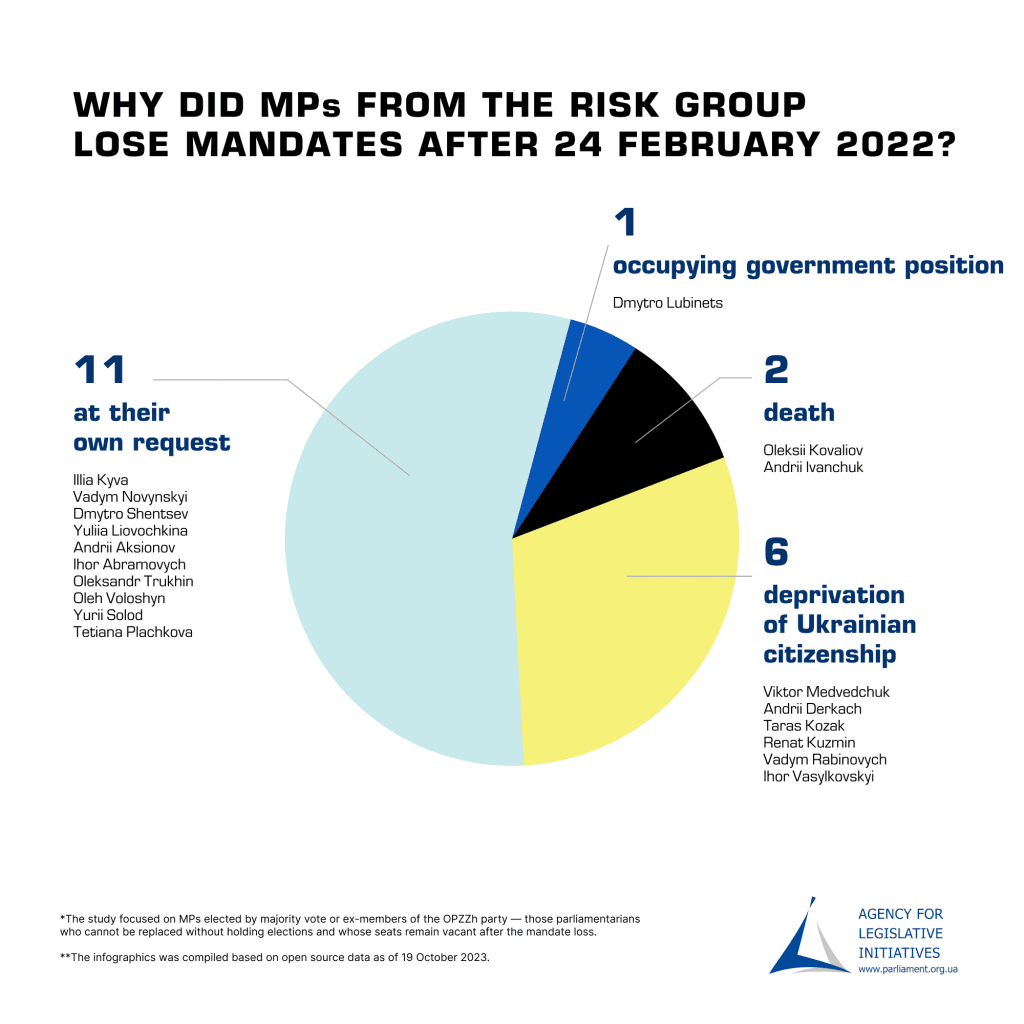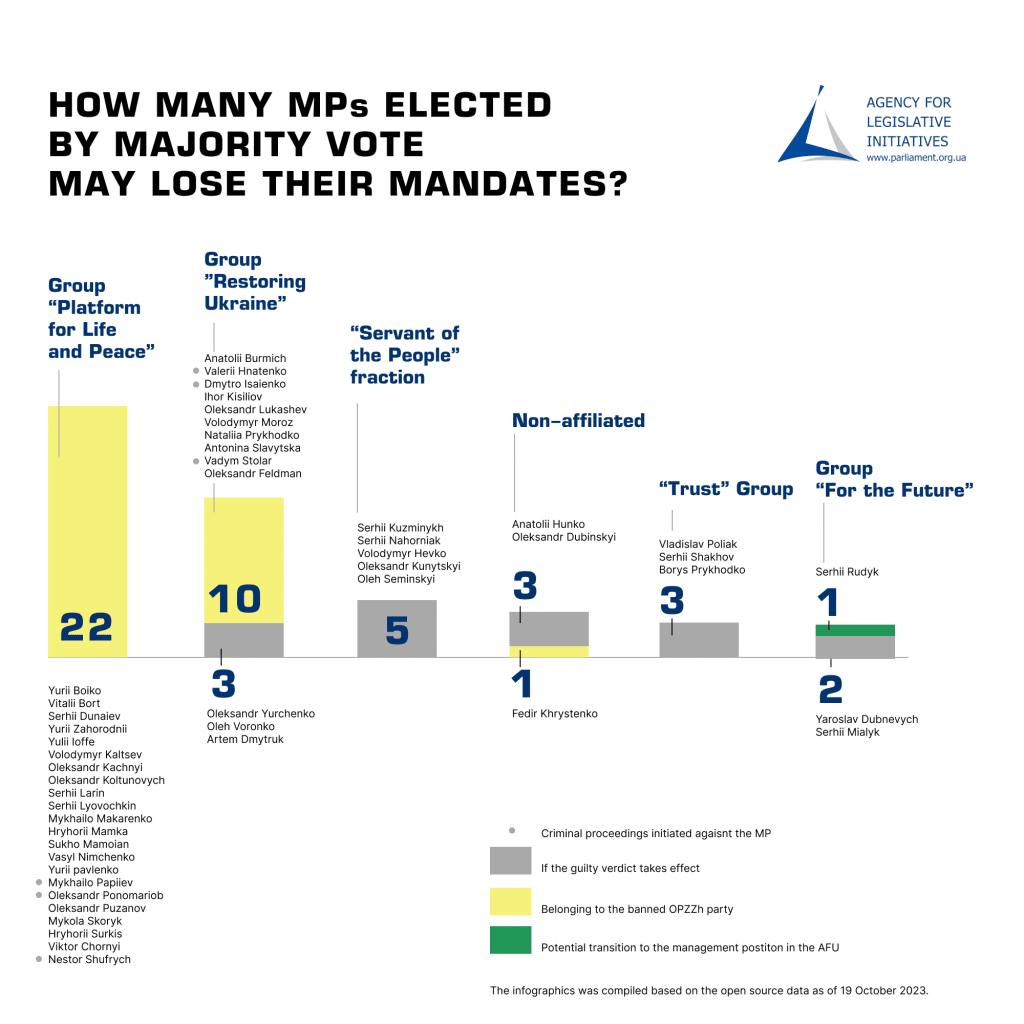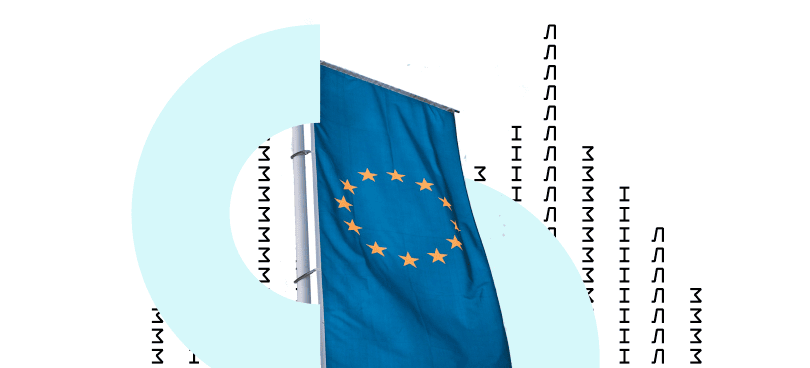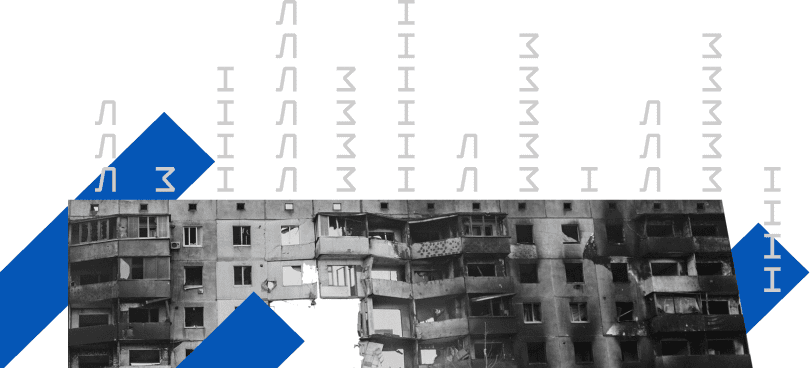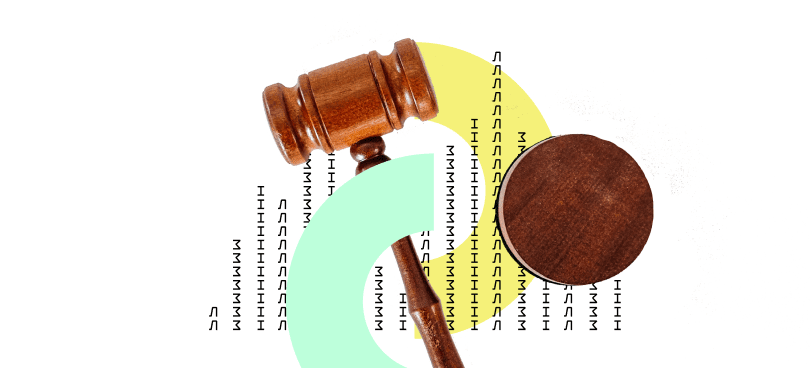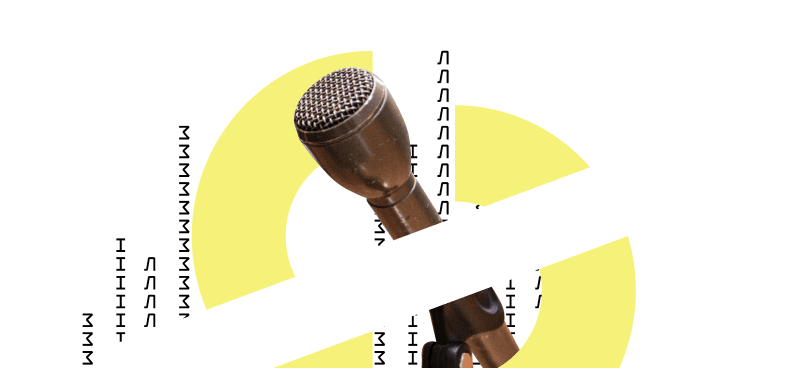ALI article for “Dzerkalo Tyzhnia”
Even before the full-scale invasion, Rada had 27 vacant seats due to the occupied status of communities with the majority constituencies, where 26 MPs should have been elected. A full-scale invasion prevented the planned by-elections from being held in another constituency. After 24 February 2022, the number of MPs started declining rapidly. There were many reasons this time: some went to serve in the army, others lost their Ukrainian citizenship, and numerous members from the already-banned OPZZh party left Rada, supposedly out of their own free will. At present, the parliament comprises 403 MPs, a record that is unprecedented in the history of Ukraine’s independence. The Agency for Legislative Initiatives is trying to predict how many more MPs might leave the Verkhovna Rada and what consequences this may have.
The majority-voting members and ex-members of banned parties are in the “risk zone.”
If MPs are stripped of their mandates, why aren’t new ones appointed in their place? The question is what method was used to elect the MP: if they were elected through the party list, then their mandate should be given to the next person on the list. Practice shows that adding MPs from party lists is not a problem. This is what happened in the Voice party. Maksym Khlapuk replaced Rustem Umierov, who was appointed as the Chair of the State Property Fund in 2022. Rustem Umierov now holds the position of the Minister of Defence of Ukraine. (Author) The situation with “majoritarians” is much more complicated. If such MPs lose their mandate, elections must be held in the constituency that lost its representative. The Constitution does not foresee elections during martial law, which is one of the two main technical reasons for the drastic decline in the number of parliamentarians. So, MPs elected by majority vote drag along with them their spot in the Parliament into their political coffin.
Another reason is that sometimes, the party list no longer exists, just as the very party. This is what happened with the OPZZh party. Since its activities are banned in Ukraine, replacing MPs elected by its list is impossible. That is why these two categories of MPs — MPs elected by majority vote and ex-members of the OPZZh party — are in the focus.
How can MPs lose their mandate early? Article 81 of the Constitution of Ukraine outlines several reasons. In practice, most mandate losses over the past year and a half have been formally caused by two things: deprivation of Ukrainian citizenship and personal application. The reasons for mandate loss by MPs from the risk group since the onset of a full-scale invasion are the following: 11 MPs resigned, 6 MPs lost their citizenship, 1 occupied a government post, and two passed away.
How many more MPs may lose their mandates?
MPs left their seats in the Rada earlier because of several main reasons. ALI calculated how many deputies could find themselves in the same conditions at this moment.
Risk No. 1 – affiliation with pro-Russian political forces (-33).
The banned OPZZh party cannot be ignored. Members of this party are under special scrutiny. There was more than one draft law initiated during martial law, which aimed to terminate the powers of MPs from this faction. However, all of them were dismissed as “unconstitutional”. In the interim, the ranks of the former OPZZh party are dwindling despite the absence of specific decisions from above. For instance, Tetiana Plachkova gave up her mandate allegedly due to health issues, and in some cases, MPs are losing their mandates due to the procedure of deprivation of citizenship. Consequently, these MPs are at particular risk, and the potential Rada of the Future may be smaller by 33 parliamentarians if all former members of the OPZZh party lose their mandates.
Risk No. 2 – transition to management positions in the AFU (-1).
Lieutenant General of the Armed Forces Mykhailo Zabrodskyi decided to concentrate on working with the General Staff more than six months ago and resigned. There is one MP among the majoritarians who is fighting, Lieutenant Colonel Serhii Rudyk from the For the Future group. He may concentrate more on military affairs as a result of further promotion. Therefore, the number of MPs can decrease by one more MP.
Risk No. 3 – guilty verdict taking effect (-15).
The entry into force of a guilty verdict may be one of the reasons for the mandate loss. Based on the information available in the public domain, we calculated MPs against whom criminal cases had been initiated in recent years, as well as MPs against whom a pre-trial investigation had been initiated. We have identified a total of 15 parliamentarians among majoritarians, excluding MPs from the OPZZh party.
ALI repeatedly filed inquiries to the Prosecutor General’s Office to seek official data on the number of MPs who had been charged in criminal proceedings. Regrettably, the provision of information was denied. Therefore, this data is collected from public sources.
Risk No. 4 – termination of Ukrainian citizenship.
In the ideal scenario, obtaining a second citizenship should also serve as a sufficient prerequisite for the mandate’s revocation. However, as demonstrated by experience, this particular card is only played when it is convenient. The stories of Vadym Rabinovych and Ihor Vasylkovskyi serve as noteworthy illustrations. Nonetheless, we did not include this particular category in our analysis as it is exceedingly challenging to obtain such information from open sources, and the Rada does not accord it much attention.
* MP Anton Yatsenko’s press office told us and gave us relevant paperwork proving that three criminal cases against him had been closed as of 23 October 2023. This information is available in open sources. This is why his name was removed from the infographics.
Considering all these risks, it may be assumed who is the next MP to leave. Vadym Stolar gathered full house. He was part of the called Monaco Battalion and has had several criminal proceedings on record. The SSU visited his residence with searches; he was part of the OPZZh party. Furthermore, there were rumours earlier that he would give up his mandate.
Is the reduction in the number of MPs critical for the current convocation?
After the introduction of martial law, the demand for purging the Parliament of traitors and corrupt officials increased. However, their replacement is sometimes impossible. Considering all the risks mentioned, the current minimum permissible number of MPs is 354. However, there may be unexpected criminal proceedings and changes in the Government at any time. Why is this dangerous?
The threshold number of votes that the Rada needs for adequate performance of its duties is dependent on several criteria. These are 1) 226 votes to adopt laws, 2) 300 votes to make amendments to the Constitution, and 3) 338 votes for impeachment of the President. It is likely that the IX convocation will not drop to these figures, and the parliament will still be able to continue its work.
Even though problems cannot be avoided, as Oleksandr Kornienko, the First Deputy Chair of the Verkhovna Rada, said, “This is the first Rada where 10% of MP are missing, and it is also important to understand that this affects committees comprised of not so many people. The situation with the quorum there is worse now.” Hence, it is certain that the capacity of the parliament to make decisions will diminish, and with the reduction in the number of MPs, this issue will become more evident.
This story also has another dimension. The fate of not only individual MPs holds significant importance but also that of the political forces to which they belong. A faction or group in the parliament requires at least 17 MPs. The composition of the three groups of MPs is equal to this minimum, namely “Ukraine’s Restoration,” “For the Future,” and “Trust.” But if you break down “risky” MPs by factions, you may see that all four MP groups in the Rada may cease to exist.
In such a scenario, the arrangement of MP groups may undergo modifications. If the “risky MP” are eliminated, a total of 33 MPs will remain from former members of these political forces, which is nearly sufficient to establish two additional groups. The parliament will still have 20 non-factional MPs who can be used as additional persons to cover a possible shortage.
Another risk that the Parliament is exposed to is the loss of the mono-majority. In response to loud scandals surrounding coalition members, the Servant of the People party simply excludes them from the ranks of the faction. This is what happened to Anatolii Hunko and Bohdan Torokhtii in August. Notably, Davyd Arahamiia, in his comment on Torokhtii’s exclusion, stated that “there have been attempts to manipulate the situation to further diminish our faction.” Hence, the risk of critical reduction of the mono-majority, if not complete disintegration, is already anticipated by the head of the faction. At present, the ruling faction consists of a total of 235 MPs; however, if we were to subtract six representatives, which we have mentioned, the total number would be reduced to only 229. Specifically, four additional scandals will separate the Servant of the People from the need to form a coalition by consolidating with another faction or exploring alternative methods to expand the faction, such as recruiting non-partisan MPs or returning the former ones.
The constant decrease in the number of MPs most resembles the zugzwang, which is a situation on a chessboard where each subsequent move only makes the situation worse. Society expects a swift response to any scandal involving elected officials. If no response is forthcoming, the perpetrator will continue to enjoy privileges that may not be due to them. But if they lose the mandate, the problem of (not) recruiting votes will become increasingly obvious. Perhaps the delay with the deprivation of the mandates of MPs from the long-banned OPZZh party is related to the reluctance to lose the capacity of the Rada. After all, they subsequently became a convenient lever in the hands of the authorities, sincerely fulfilling their role as pawns.

